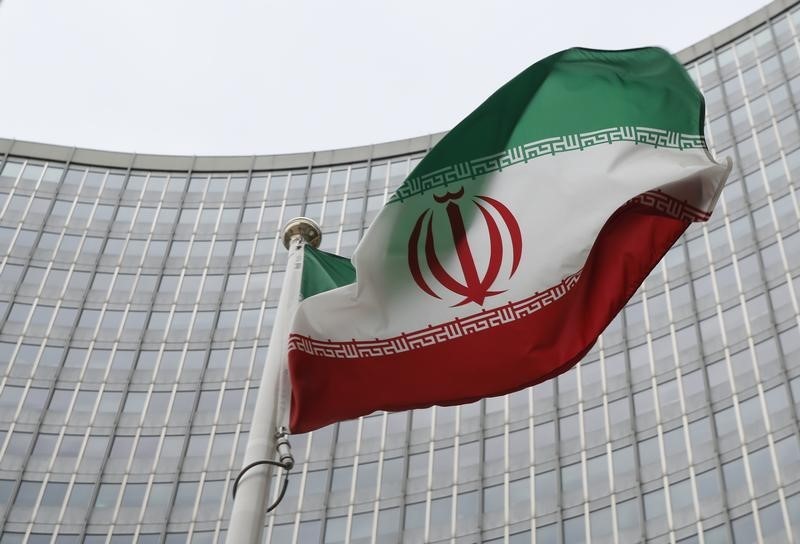IAEA Declines to Directly Address Netanyahu’s Iran Accusations

The U.N. atomic watchdog declined on Tuesday to directly address Prime Minister Binyamin Netanyahu’s accusations that Iran was breaching its landmark nuclear deal with major powers.
Netanyahu on Monday stepped up pressure on the United States to pull out of the 2015 deal, presenting what he called evidence of a secret Iranian nuclear weapons program. Iran is known to have had a weapons program until 2003; analysts and diplomats said he appeared to be recycling old accusations.
“In line with standard IAEA practice, the IAEA evaluates all [nuclear] safeguards-relevant information available to it,” said a spokesman for the International Atomic Energy Agency, which is policing the deal. “However, it is not the practice of the IAEA to publicly discuss issues related to any such information.”
In a report issued in December 2015, shortly before the pact went into effect, the IAEA said “a range of activities relevant to the development of a nuclear explosive device were conducted in Iran prior to the end of 2003 as a coordinated effort.”
Those activities continued after 2003, though in a less coordinated manner, and there was no credible indication of any beyond 2009, the IAEA said at the time. The spokesman’s statement on Tuesday reiterated the 2015 report’s findings.
Under its 2015 agreement with world powers, Iran curbed its enrichment of uranium for nuclear fuel to allay concerns it could be used to develop bomb material, and Tehran won relief from most international sanctions in return. U.N. nuclear inspectors have repeatedly reported that Iran is heeding the terms of the deal.
To Read The Full Story
Are you already a subscriber?
Click "Sign In" to log in!

Become a Web Subscriber
Click “Subscribe” below to begin the process of becoming a new subscriber.

Become a Print + Web Subscriber
Click “Subscribe” below to begin the process of becoming a new subscriber.

Renew Print + Web Subscription
Click “Renew Subscription” below to begin the process of renewing your subscription.












